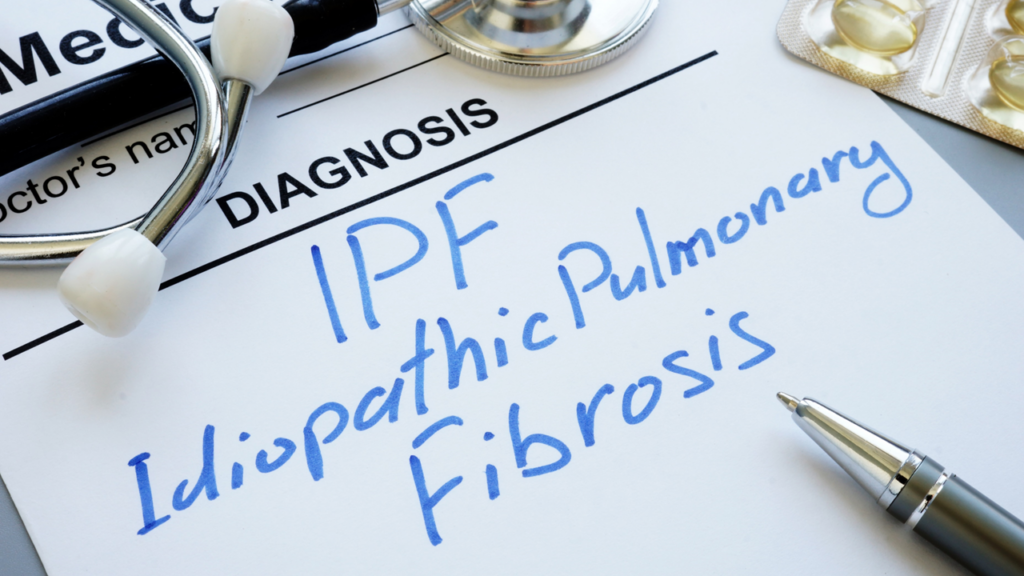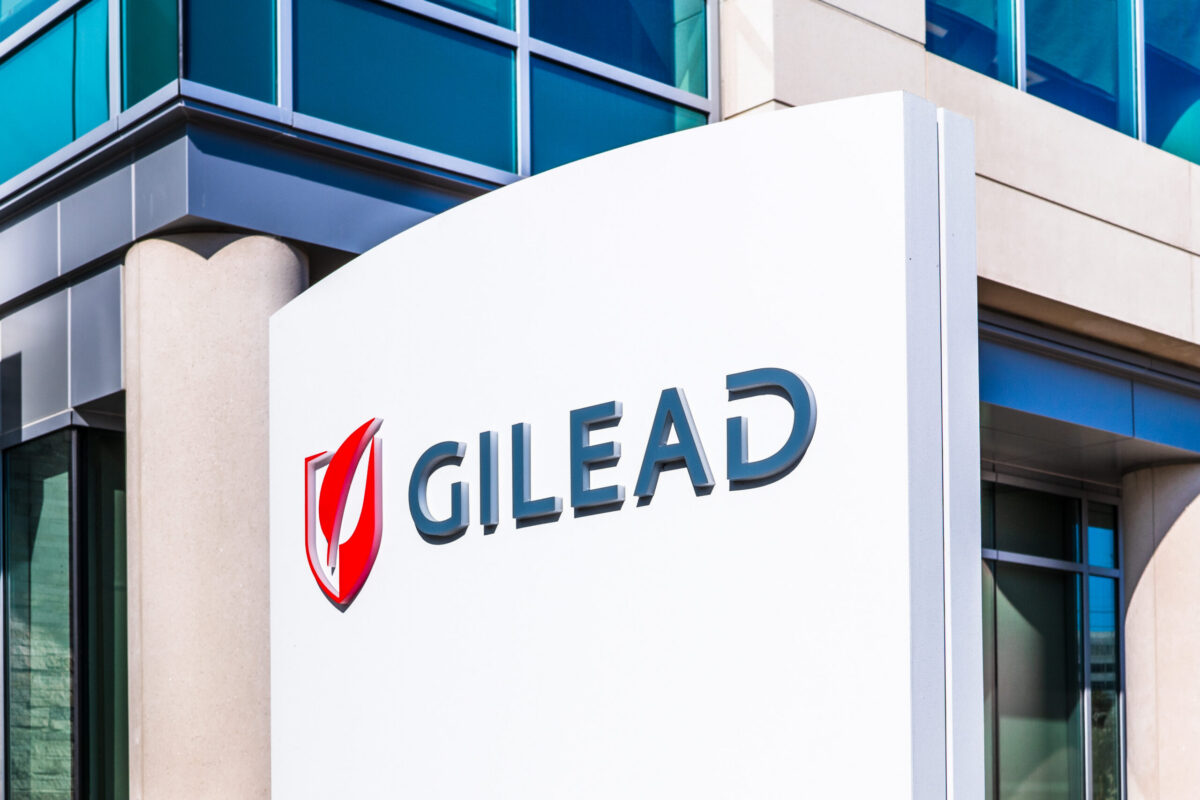A new Phase IIb clinical trial, ELEVATE IPF, has delivered promising results for deupirfenidone (LYT-100), an investigational drug being evaluated to slow lung function decline in patients with idiopathic pulmonary fibrosis (IPF). The trial involved 257 participants and tested two doses of deupirfenidone over 26 weeks, with participants taking the drug three times a day (TID).
Deupirfenidone is a deuterated form of pirfenidone (Esbriet by Roche), a standard-of-care for IPF, where hydrogen is replaced by deuterium, improving its pharmacokinetics. This modification retains pirfenidone’s efficacy while potentially offering better tolerability.
IPF is a progressive, life-threatening lung disease that causes scarring of lung tissue, leading to difficulty breathing. Historically, IPF research has faced significant hurdles due to its complex mechanisms, unpredictable progression and issues with patient selection in clinical trials.
Current treatments, including pirfenidone, aim to slow disease progression, but many patients face side effects that hinder adherence.
XTALKS WEBINAR: Effectively Supporting Clinical Sites for Continuous Audit Readiness
Live and On-Demand: Wednesday, February 12, 2025, at 1pm EST (10am PST)
Register for this free webinar to learn how to attain good clinical practice (GCP) compliance for sponsors and clinical sites, including the assessment and improvement of quality management systems (QMS), site qualification, audit and inspection readiness.
The ELEVATE IPF trial aimed to find a more tolerable treatment to reduce lung function decline.
The primary measure of success was forced vital capacity (FVC), which measures the amount of air a person can forcibly exhale after a deep breath. A decline in FVC is a key indicator of worsening lung function in IPF patients.
In this trial, deupirfenidone 825 mg showed a significant reduction in lung function decline compared to placebo, with a treatment effect of 80.9 percent. Specifically, the FVC decline was -21.5 mL, meaning the patient exhaled less air over the trial period. This suggests that deupirfenidone can slow IPF progression more effectively than placebo. Pirfenidone showed a treatment effect of 54.1 percent, with a decline of -51.6 mL, indicating that deupirfenidone 825 mg TID could be a stronger alternative.
Secondary endpoints, including the change in forced vital capacity percent predicted (FVCpp), also supported the primary findings. Deupirfenidone 825 mg demonstrated statistically significant improvement in lung function, with a result of -0.43 percent versus -3.43 percent for placebo.
In terms of safety and tolerability, deupirfenidone was generally well-tolerated. Gastrointestinal issues like nausea and diarrhea were reported, but rates were lower in the deupirfenidone group compared to pirfenidone. These adverse events were consistent with previous IPF studies.
More than 90 percent of participants opted to enroll in an open-label extension study to continue treatment, indicating strong interest in further evaluation of deupirfenidone.
Related: Clinical Trials for Pulmonary Fibrosis: How Can Participation Be Improved?
If these results hold in Phase III trials, deupirfenidone could become the new standard of care for IPF. Based on Phase I data, it offers a 50 percent reduction in gastrointestinal side effects compared to pirfenidone, potentially improving patient adherence. Additionally, deupirfenidone showed 43 percent higher exposure at higher doses, which could enhance efficacy.
While key players Bristol Myers Squibb (BMS) and Trevi Therapeutics are advancing their investigational drugs in the IPF space, deupirfenidone currently stands apart in its pharmacology, offering improved tolerability and promising efficacy for patients, potentially addressing key challenges faced by current treatments.












Join or login to leave a comment
JOIN LOGIN